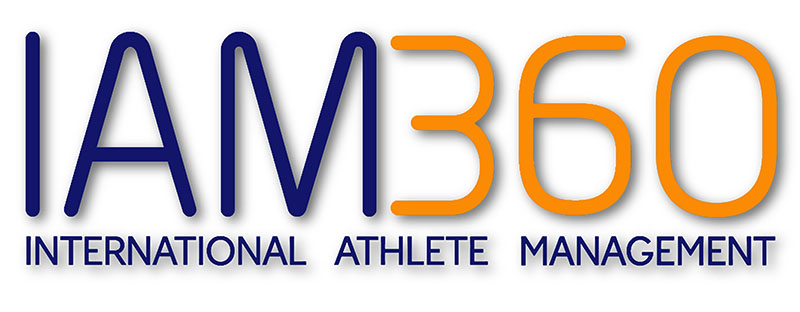Winning starts in your dreams!
It’s easy for an athlete to acknowledge the importance of good quality training and the essential part it plays in their sporting performance. However, the importance of sleep and recovery on the other hand, is often underestimated and misunderstood.
For the majority of my sporting career, I definitely neglected my sleep, in favour of late nights (either training in the gym, socialising with friends or watching television). I thought training was the be-all and end-all of my sporting performance, and if I continued to train (and train hard) I would be giving myself the best chance to optimise my success on game day. Unfortunately for me, it turns out that I was very wrong.
Sleep is essential for an athlete, both to recover from, and prepare for, optimum performance in training and competition. It is recommended that an athlete sleeps 8 to 10 hours per night. However, just like training, the quality of sleep is almost more important than the quantity!
It has recently been reported that Roger Federer sleeps 11 to 12 hours per night, Usain Bolt, 8 to 10 hours, and LeBron James, 12 hours! Such numbers highlight the essential role sleep plays in world-class sporting performance. These adequate levels of sleep assist in proper muscular recovery (growth & repair), as well as higher levels of skill learning, and general health and wellbeing.
On the other hand, poor sleep can cause a whole host of impairments, which I unwittingly suffered from throughout the majority of my sporting career. Such impairments include
negatively effecting general fatigue, cognitive function (mental processing, reaction time, alertness, concentration, and memory), mood and motivation, metabolism, hormonal response, appetite regulation and immune function.

Research in the sport science industry has recently explored other reasons why athletes might experience poor ‘sleep hygiene’. These include:
- Early morning training and/or recovery sessions;
- Inappropriate or poorly-timed caffeine use;
- Excessive thinking – worrying, planning, pre-game excitement or nerves, etc. –; and
- Regular night-time waking to use the bathroom (due to being more hydrated than the general population);
Alarmingly, research found that less than 8 hours of sleep per night can increase the risk of an athlete sustaining an injury by almost double!
The good news is these impairments can be avoided by focusing on utilising good sleep hygiene to enhance sleep, and subsequently, enhance training and competition performances.
Good athlete-sleep hygiene includes adopting:
- A quite, dark bedroom environment, free of noise, sources of light, or a bedroom clock;
- A coolish bedroom temperature (~18oC);
- A consistent bedtime and wake time, falling asleep and waking up at a consistent time every night and morning;
For example, even if an athlete does not have to wake up at 7am for school or work on a weekend, it is recommended that they still try and wake up at 7am. This consistent sleep routine creates a healthy sleep cycle.

- A relaxing, 60-minute pre-bedtime routine to help unwind;
The avoidance of using technology – blue light exposure from electronic screens – 60 minutes prior to bed, or in bed, including watching the television, and using a computer, tablet or mobile phone; - A handy “to do” list, to jot down anything that comes to mind as to no longer think about it, to reduce excessive worrying or planning;
- The avoidance of ingesting caffeine (or caffeinated drinks) approximately 5-6 hours prior to sleep; and,
The avoidance of ingesting excessive food or fluids prior to sleep.
The use of magnesium supplements and relaxant (caffeine free) tea may also help!
Fun fact: utilising 15-20 minutes of daytime napping can be a usefull tool for athletes. Daytime napping enhances both physical and cognitive performance, yet does not disrupt bedtime sleeping.
Who knows… had I used these simple sleep hygiene tips during my sporting career, perhaps I would have become the next “Fed Express”, or Usain Bolt, or “King” James… one can only dream.
By Jacob Richards
GET YOUR FREE 12 STEP GUIDE BY CLICKING HERE OR THE IMAGE BELOW

